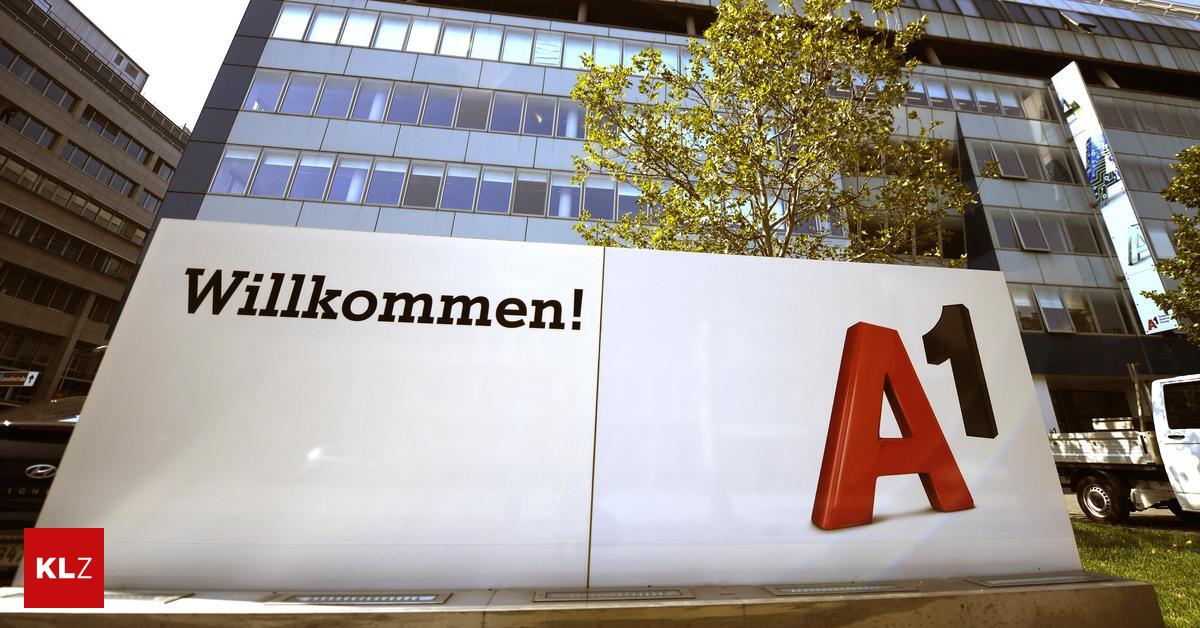The Christian Doppler (CD) Laboratory established at the universities of Graz on Friday is working on possible new applications of so-called “structured materials” in the field of sensors. The Josef Rissel (JR) Center in Innsbruck was given the go-ahead on Tuesday and is working on the security of devices connected to the Internet of Things (IoT) network. This was announced by the Christian Doppler Society (CDG).
The “CD Laboratory for Structured Materials-Based Sensor Technology” will be based at the Technical University (TU) of Graz and the University of Graz, according to a press release. ams-Osram and Infineon are members as institutional partners of the new institute. We cooperate with the universities of Stanford (USA), Cambridge (Great Britain) and ETH Zurich.
Focus on brand new sensors
Under the leadership of Alexander Bergmann from the Institute of Electrical Measurements and Sensor Technology (TU Graz) and Peter Banzer from the Nano Optics and Quantum Materials Working Group (Uni Graz), efforts are underway to develop completely new sensors. The key to this is so-called structured materials and light fields. These materials are made up of different individual elements – similar to “Lego” building blocks – each of which has specific properties. “Quite simply, we can assemble structures that perform the desired functions,” says Panzer.
For example, you can create new small microphones. “The sound waves press the Lego pieces on the sensor material together, which in turn reflect the light differently than before,” Bergman explained. For example, it is also possible to envision artificial crystal structures that could be used to read the torque of electric motors in real time.
Application-oriented basic research
In CDG laboratories, which have been approved by the CDG for seven years, scientists collaborate with companies in the field of application-oriented basic research. Half of the budget comes from the public sector and the other half from partner companies through the Ministry of Economic Affairs. Christian Doppler’s laboratories are also a model of the Joseph Rissel program designed specifically for universities of applied sciences.
At the recently established Josef Rissel (JR) Center for “Security Analysis of IoT Devices,” scientists led by Pascal Schoettle from the MCI University of Applied Sciences in Innsbruck will work over the next five years to improve devices that work together in intelligent, autonomous networks. Such as routers, smartphones, “smart” refrigerators or door locks.
Consumers often resort to “unsafe and unsafe forms”; Manufacturers have no incentive to invest in secure IoT devices, Schoettle said in a press release. Now they want to evaluate the security of devices, for example in terms of protection against physical attacks or data transmission, systematically, reliably and sometimes completely automatically and eventually enable “independent certification of IoT devices”. The business partners are Innsbrucker Kommunalbetriebe AG and ITSEC GmbH.
service: https://www.cdg.ac.at/

“Total coffee aficionado. Travel buff. Music ninja. Bacon nerd. Beeraholic.”






More Stories
Leadership questionnaire and Tuesday meeting
Mini Countryman: Outdoes itself
Renault Trucks in action → Master and Trafic by FF Garrel